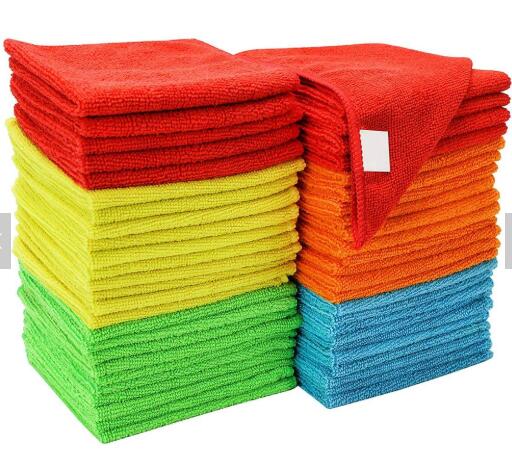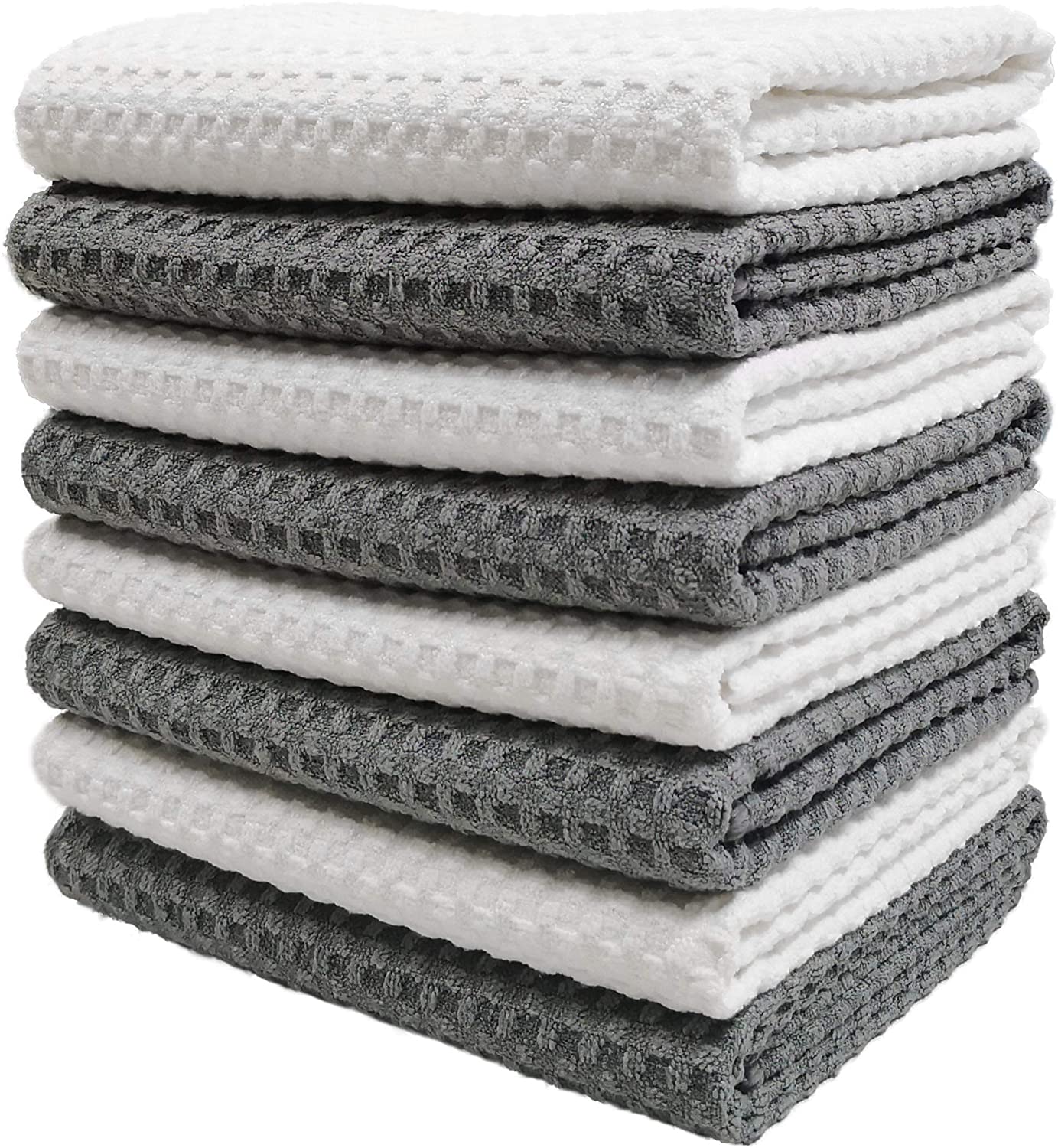While you’ve probably heard of microfiber before, chances are you haven’t given it much thought. You might not have known that it has impressive qualities that make it useful for cleaning, sportswear, and furniture.
What is Microfiber Made of?
Microfiber is a synthetic fiber that consists of polyester and polyamide. Polyester is basically a kind of plastic, and polyamide is a fancy name for nylon. The fibers have been split into very fine strands that are porous and dry quickly. The polyester provides the structure of a towel, while the polyamide adds density and absorption.
Microfiber is a material that is durable, soft, and absorbent, making it perfect for a variety of uses. Because of the way it is made, microfiber is excellent for cleaning, apparel, furniture, and even sports gear.
What Are the Different Types of Microfiber Cloths and Their Uses?
There are various types of microfiber cloths that are defined by their thickness. From doing dishes to polishing your smudged eyeglasses, each one serves a different use depending on its thickness.
Lightweight
Features: Very thin, soft, and durable
Works Best For: Removing dirt and oil from smooth surfaces like glass, eyeglasses or phone screens.
Medium Weight
Features: Most common weight of microfiber, feels like a towel
Works Best For: General purpose cleaning and sanitizing for leather, plastic, stone, or wood
Plush
Features: Feels similar to a fleece blanket, fibers are longer and fluffier
Works Best For: Detailing, wax and polish removal, and buffing glassware
Dual Plush
Features: Soft and gentle, fibers are long and thick
Works Best For: Cleaning without water, dusting, and safe for all surfaces
Micro-Chenille
Features: Short thick fibers
Works Best For: Drying, wiping up water, spills, or doing dishes
Waffle Weave
Features: Dimensional waffle-weave pattern
Works Best For: Dusting, washing with soap
Who knew there were so many different types of microfiber cloths? Each type is used for different cleaning methods like dusting, waxing, or disinfecting.
How Does Microfiber Work?
Now that you know about the different types of microfiber, it is important to understand how it works. If you look closely at a microfiber cloth, you’ll notice the strands look like an asterisk because the fiber strands are split, causing them to flare out. In a square inch of fabric, there can be as many as 300,000 strands of fibers. Each strand acts like a hook that scrapes up moisture, grime, and even bacteria!
Is Microfiber or Cotton Better for Cleaning?
When using a rag to wipe up a spill or dry your dishes, reach for a microfiber cloth over a cotton towel. Fibers on a cotton cloth look just like a circle and tend to just push around dirt and liquid, whereas the split fibers on a microfiber cloth absorb it.
Check out the difference between the two materials!
Microfiber
- No residue
- Absorbs more liquid
- Split fibers
- Has a longer lifespan
- when properly maintained
- Requires special laundering
Cotton
- Leaves residue
- Does not wipe away dirt
- Circular shaped fibers
- Requires a break-in period to disperse the cotton fibers properly
- More cost effective
Post time: Nov-25-2022








